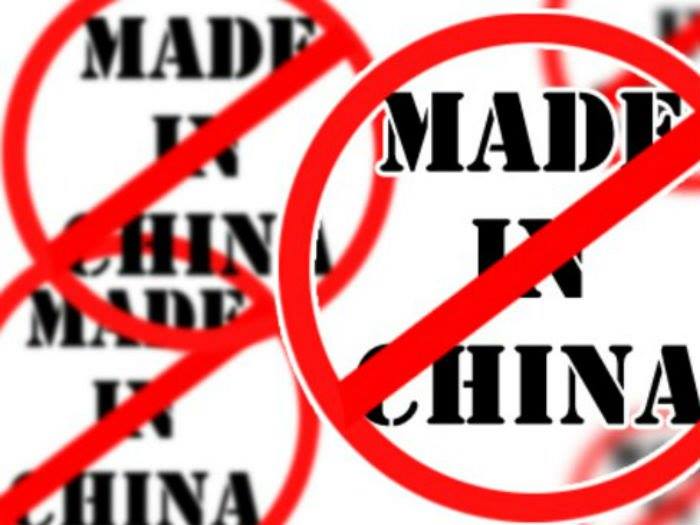CCP’s massive spy agencies aims to wipe out “five poison’ at home and abroad

By Tsering Choephel
DHARAMSALA, 5 Aug: China has built expansive intelligence apparatus focused on silencing the ‘five poisons’ the Chinese Communist Party(CCP) sees as its top threats, according to British Intelligence as reported by Business Insider on Friday.
In the assessment by British intelligence, the CCP’s ambition for global influence and dominance to supplant the US is interlinked with its intensifying spy mechanisms at home aimed to crack-down on any threats to its hold on power.
China has the largest intelligence mechanism in the world with tens of thousands of officers, most of them working for three civilian and military agencies of CCP.
The all-powerful Ministry of State Security is a civilian organisation with executive power. It gathers intelligence using human sources and tries to catch foreign spies and intelligence officers through counterintelligence operations.
Then the Ministry of Public Security, a civilian agency with law-enforcement duties that mainly conducts counterintelligence.
Finally, the Chinese military’s Strategic Support Force, responsible for signals intelligence, conducts electronic collection and surveils digital networks and activities to gather intelligence.
According to the British intelligence report, these three forces of the CCP are tasked with rooting out the “Five Poisons” – Taiwanese Independence, Tibetan Independence, East Turkistan, the Falun Gong, and the Chinese democracy movement – which the CCP view as a threat to its own existence.
As much as suppressing and silencing the ‘five poisons’ within China and China-occupied Tibet and East Turkistan, CCP’s sprawling spy services remain active abroad as well to subvert their freedom movement and fight for justice in the free world.
CCP’s use of family as hostages to pressure exiled Ugyhurs to spy for them is one such example.
In 2021, the acting director of the US National Counterintelligence and Security Center said Chinese espionage was responsible for $200 billion to $600 billion a year in intellectual-property theft. It exposes the CCP’s malpractices internationally in their effort to become a dominant player in the advanced technology sector and to find shortcuts in developing sophisticated military hardware.
“It is not just the Chinese Intelligence Services: the Chinese Communist Party co-opts every state institution, company and citizen. This ‘whole-of-state’ approach means China can aggressively target the UK, yet the scale of the activity makes it more difficult to detect,” says the report, highlighting the intensity of the web of CCP’s espionage tentacles.
The recent CCP’s State Security Ministry’s call for the ‘normalisation’ of mass participation in ‘counter-espionage’ work and the creation of a ‘system’ for it draws a grim picture of the already stiffening authoritarian rule of the CCP under Xi Jinping.





